
Relation and FunctionsQuestion and Answers: Page 6
Question Number 153679 Answers: 1 Comments: 0
Question Number 152799 Answers: 1 Comments: 1
Question Number 152769 Answers: 1 Comments: 1

Question Number 152671 Answers: 3 Comments: 2
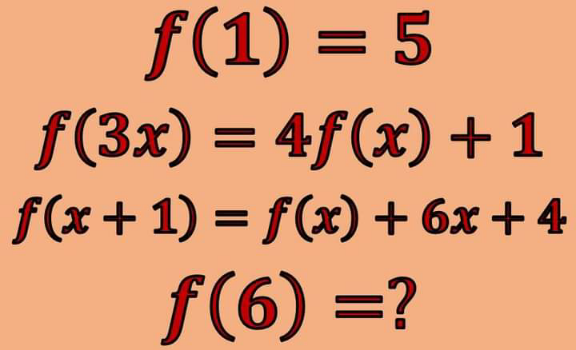
Question Number 152151 Answers: 3 Comments: 0
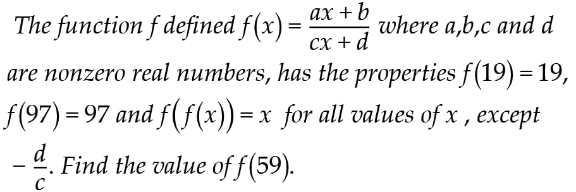
Question Number 151897 Answers: 1 Comments: 0

Question Number 151863 Answers: 2 Comments: 0
Question Number 151859 Answers: 0 Comments: 2
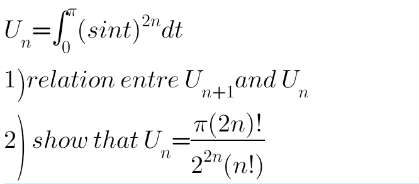
Question Number 151742 Answers: 1 Comments: 0
Question Number 151208 Answers: 0 Comments: 0
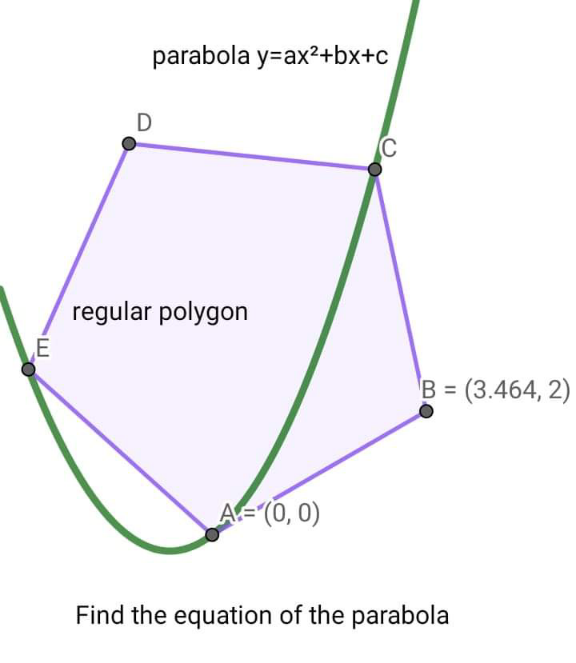
Question Number 150967 Answers: 1 Comments: 0
Question Number 150742 Answers: 0 Comments: 0
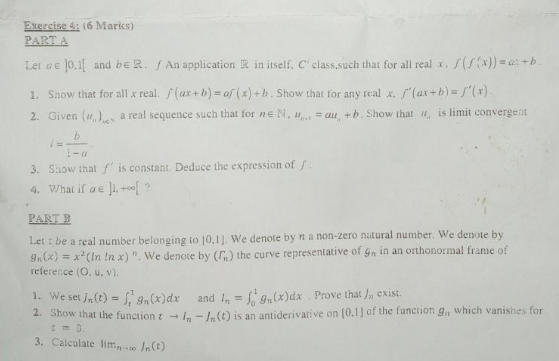
Question Number 150626 Answers: 1 Comments: 0
Question Number 150171 Answers: 1 Comments: 0
Question Number 150044 Answers: 2 Comments: 0
Question Number 149551 Answers: 1 Comments: 0

Question Number 148812 Answers: 1 Comments: 0
Question Number 148568 Answers: 2 Comments: 0
Question Number 148564 Answers: 1 Comments: 0
Question Number 148558 Answers: 2 Comments: 0
Question Number 148502 Answers: 3 Comments: 0
Question Number 148501 Answers: 2 Comments: 0
Question Number 148498 Answers: 1 Comments: 0
Question Number 148372 Answers: 1 Comments: 0
Question Number 148371 Answers: 1 Comments: 0
Question Number 148303 Answers: 2 Comments: 0
